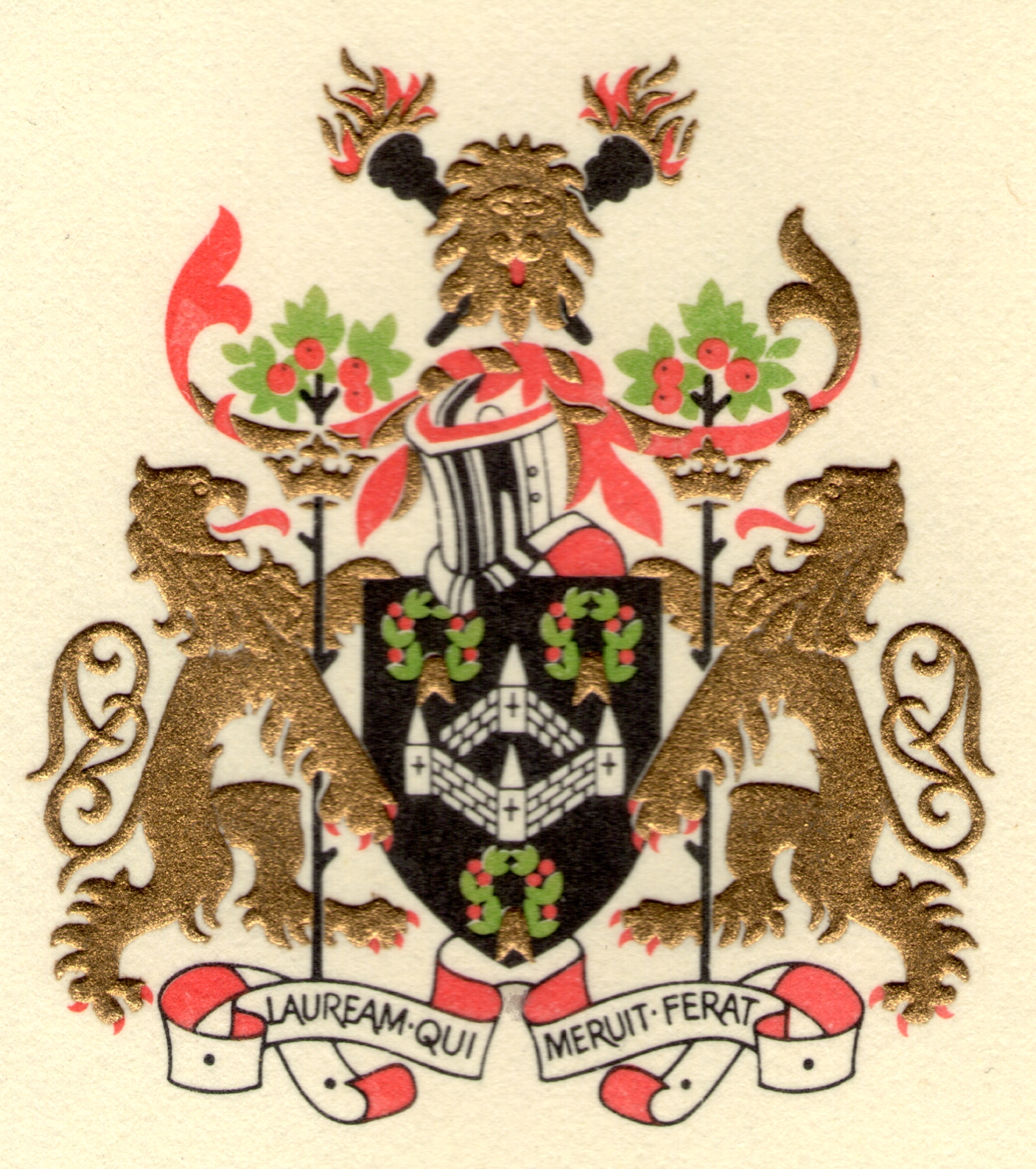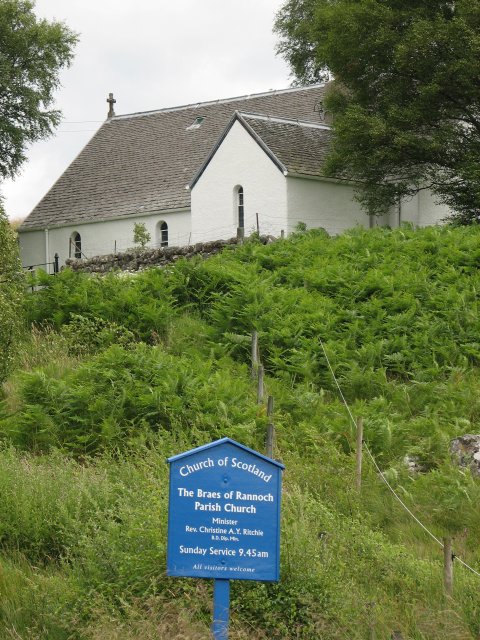|
Malcolm Pearson
Malcolm Everard MacLaren Pearson, Baron Pearson of Rannoch (born 20 July 1942) is a British businessman and former Leader of the UK Independence Party (UKIP). He sits as an independent member of the House of Lords. A Eurosceptic, he was a staunch supporter of pro-Brexit campaign Leave Means Leave. Early life and career Born in Devizes, the son of John M. and Rosabel C. Pearson ( Moysey), Pearson was educated at Eton College. Prior to entering politics, he had a career in international insurance. During the Cold War, he was a leading critic of totalitarianism in the Soviet Union and supported Soviet dissidents. He worked closely with Russian author and dissident Aleksandr Solzhenitsyn to ensure that funds reached other artists and dissidents working inside the Soviet Union, and hosted Solzhenitsyn on his Rannoch estate. In 1984, Pearson established the Rannoch Charitable Trust, which funded many refugees escaping from the Soviet Union. In recognition of his efforts, Pearson was a ... [...More Info...] [...Related Items...] OR: [Wikipedia] [Google] [Baidu] |
The Right Honourable
''The Right Honourable'' ( abbreviation: ''Rt Hon.'' or variations) is an honorific style traditionally applied to certain persons and collective bodies in the United Kingdom, the former British Empire and the Commonwealth of Nations. The term is predominantly used today as a style associated with the holding of certain senior public offices in the United Kingdom, Canada, New Zealand, and to a lesser extent, Australia. ''Right'' in this context is an adverb meaning 'very' or 'fully'. Grammatically, ''The Right Honourable'' is an adjectival phrase which gives information about a person. As such, it is not considered correct to apply it in direct address, nor to use it on its own as a title in place of a name; but rather it is used in the third person along with a name or noun to be modified. ''Right'' may be abbreviated to ''Rt'', and ''Honourable'' to ''Hon.'', or both. ''The'' is sometimes dropped in written abbreviated form, but is always pronounced. Countries with common or ... [...More Info...] [...Related Items...] OR: [Wikipedia] [Google] [Baidu] |
Totalitarianism
Totalitarianism is a form of government and a political system that prohibits all opposition parties, outlaws individual and group opposition to the state and its claims, and exercises an extremely high if not complete degree of control and regulation over public and private life. It is regarded as the most extreme and complete form of authoritarianism. In totalitarian states, political power is often held by autocrats, such as dictators (totalitarian dictatorship) and absolute monarchs, who employ all-encompassing campaigns in which propaganda is broadcast by state-controlled mass media in order to control the citizenry. By 1950, the term and concept of totalitarianism entered mainstream Western political discourse. Furthermore this era also saw anti-communist and McCarthyist political movements intensify and use the concept of totalitarianism as a tool to convert pre-World War II anti-fascism into Cold War anti-communism. As a political ideology in itself, totalitarianism is ... [...More Info...] [...Related Items...] OR: [Wikipedia] [Google] [Baidu] |
Euroscepticism
Euroscepticism, also spelled as Euroskepticism or EU-scepticism, is a political position involving criticism of the European Union (EU) and European integration. It ranges from those who oppose some EU institutions and policies, and seek reform (''Eurorealism'', ''Eurocritical'', or ''soft Euroscepticism''), to those who oppose EU membership and see the EU as unreformable (''anti-European Unionism'', ''anti-EUism'', or ''hard Euroscepticism''). The opposite of Euroscepticism is known as ''pro-Europeanism'', or ''European Unionism''. The main drivers of Euroscepticism have been beliefs that integration undermines national sovereignty and the nation state,''Euroscepticism or Europhobia: Voice vs Exit?'' [...More Info...] [...Related Items...] OR: [Wikipedia] [Google] [Baidu] |
Council For National Academic Awards
The Council for National Academic Awards (CNAA) was the national degree-awarding authority in the United Kingdom from 1965 until its dissolution on 20 April 1993. Background The establishment followed the recommendation of the UK government Committee on Higher Education (Robbins Committee), one of whose recommendations being the replacement of the diploma-awarding National Council for Technological Awards with a degree-awarding council. That gave colleges more flexibility, as they could devise their own courses with the oversight of the council, rather than depend on existing universities to accredit courses. In 1974, the National Council for Diplomas in Art and Design was merged into the CNAA. The CNAA's Latin motto, as it appears on its Coat of Arms, is: ''Lauream qui Meruit Ferat'' this can be translated as 'let whoever earns the palm bear it'. Qualifications Qualifications included diplomas, bachelors, masters and doctorate research degrees; by the time of dissolution, i ... [...More Info...] [...Related Items...] OR: [Wikipedia] [Google] [Baidu] |
Polytechnic (United Kingdom)
A polytechnic was a tertiary education teaching institution in England, Wales () and Northern Ireland offering higher diplomas, undergraduate degree and post graduate education (masters and PhDs) that was governed and administered at the national level by the Council for National Academic Awards. At the outset, the focus of polytechnics was on STEM subjects with a special emphasis on engineering. After the passage of the Further and Higher Education Act 1992 they became independent universities which meant they could award their own degrees. The comparable institutions in Scotland were collectively referred to as Central Institutions. History 19th century The London Polytechnic (now the University of Westminster) emerged from the Royal Polytechnic Institution which was founded at Regent Street, London in 1838. The establishment of the polytechnic was a reaction to the rise of industrial power and technical education in France, Germany and the US.Brosan, "The Development of ... [...More Info...] [...Related Items...] OR: [Wikipedia] [Google] [Baidu] |
The Daily Telegraph
''The Daily Telegraph'', known online and elsewhere as ''The Telegraph'', is a national British daily broadsheet newspaper published in London by Telegraph Media Group and distributed across the United Kingdom and internationally. It was founded by Arthur B. Sleigh in 1855 as ''The Daily Telegraph & Courier''. Considered a newspaper of record over ''The Times'' in the UK in the years up to 1997, ''The Telegraph'' generally has a reputation for high-quality journalism, and has been described as being "one of the world's great titles". The paper's motto, "Was, is, and will be", appears in the editorial pages and has featured in every edition of the newspaper since 19 April 1858. The paper had a circulation of 363,183 in December 2018, descending further until it withdrew from newspaper circulation audits in 2019, having declined almost 80%, from 1.4 million in 1980.United Newspapers PLC and Fleet Holdings PLC', Monopolies and Mergers Commission (1985), pp. 5–16. Its si ... [...More Info...] [...Related Items...] OR: [Wikipedia] [Google] [Baidu] |
Perth And Kinross
Perth and Kinross ( sco, Pairth an Kinross; gd, Peairt agus Ceann Rois) is one of the 32 council areas of Scotland and a Lieutenancy Area. It borders onto the Aberdeenshire, Angus, Argyll and Bute, Clackmannanshire, Dundee, Fife, Highland and Stirling council areas. Perth is the administrative centre. With the exception of a large area of south-western Perthshire, the council area mostly corresponds to the historic counties of Perthshire and Kinross-shire. Perthshire and Kinross-shire shared a joint county council from 1929 until 1975. The area formed a single local government district in 1975 within the Tayside region under the ''Local Government (Scotland) Act 1973'', and was then reconstituted as a unitary authority (with a minor boundary adjustment) in 1996 by the ''Local Government etc. (Scotland) Act 1994''. Geographically the area is split by the Highland Boundary Fault into a more mountainous northern part and a flatter southern part. The northern area is a popular to ... [...More Info...] [...Related Items...] OR: [Wikipedia] [Google] [Baidu] |
Bridge Of Gaur
Braes of Rannoch ( :wikt:braes, slopes, Gaelic ''Braigh Raithneach'') is a hill with a deserted hamlet and church in Perthshire. The hamlet was formerly, briefly, called Georgetown, as the redcoat barracks of Jacobite rising of 1745 were then known, then known as Bridge of Rannoch, or Bridge of Gaur, after the bridge on the River Gaur. The original barracks have gone but a large house and shooting lodge, Rannoch Barracks, is named after them. The Braes of Rannoch Manse became a hostel for forestry workers by the 1970s. The church is today a tourist feature on the road from Kinloch Rannoch to Rannoch Station. The hamlet has had three churches – in 1776, 1855, and 1907, with the bellcote being moved each time. The first church was associated with the Gaelic Bible translator and poet Dugald Buchanan and the third with the Rev. A. E. Robertson, president of the Scottish Mountaineering Society. The third was designed by Glasgow architect, Peter MacGregor Chalmers. The hamlet, or hi ... [...More Info...] [...Related Items...] OR: [Wikipedia] [Google] [Baidu] |
Life Peer
In the United Kingdom, life peers are appointed members of the peerage whose titles cannot be inherited, in contrast to hereditary peers. In modern times, life peerages, always created at the rank of baron, are created under the Life Peerages Act 1958 and entitle the holders to seats in the House of Lords, presuming they meet qualifications such as age and citizenship. The legitimate children of a life peer are entitled to style themselves with the prefix "The Honourable", although they cannot inherit the peerage itself. Before 1887 The Crown, as '' fount of honour'', creates peerages of two types, being hereditary or for life. In the early days of the peerage, the Sovereign had the right to summon individuals to one Parliament without being bound to summon them again. Over time, it was established that once summoned, a peer would have to be summoned for the remainder of their life, and later, that the peer's heirs and successors would also be summoned, thereby firmly entren ... [...More Info...] [...Related Items...] OR: [Wikipedia] [Google] [Baidu] |
Henry M
Henry may refer to: People *Henry (given name) *Henry (surname) * Henry Lau, Canadian singer and musician who performs under the mononym Henry Royalty * Portuguese royalty ** King-Cardinal Henry, King of Portugal ** Henry, Count of Portugal, Henry of Burgundy, Count of Portugal (father of Portugal's first king) ** Prince Henry the Navigator, Infante of Portugal ** Infante Henrique, Duke of Coimbra (born 1949), the sixth in line to Portuguese throne * King of Germany **Henry the Fowler (876–936), first king of Germany * King of Scots (in name, at least) ** Henry Stuart, Lord Darnley (1545/6–1567), consort of Mary, queen of Scots ** Henry Benedict Stuart, the 'Cardinal Duke of York', brother of Bonnie Prince Charlie, who was hailed by Jacobites as Henry IX * Four kings of Castile: **Henry I of Castile **Henry II of Castile **Henry III of Castile **Henry IV of Castile * Five kings of France, spelt ''Henri'' in Modern French since the Renaissance to italianize the name and to ... [...More Info...] [...Related Items...] OR: [Wikipedia] [Google] [Baidu] |
_(cropped).jpg)




